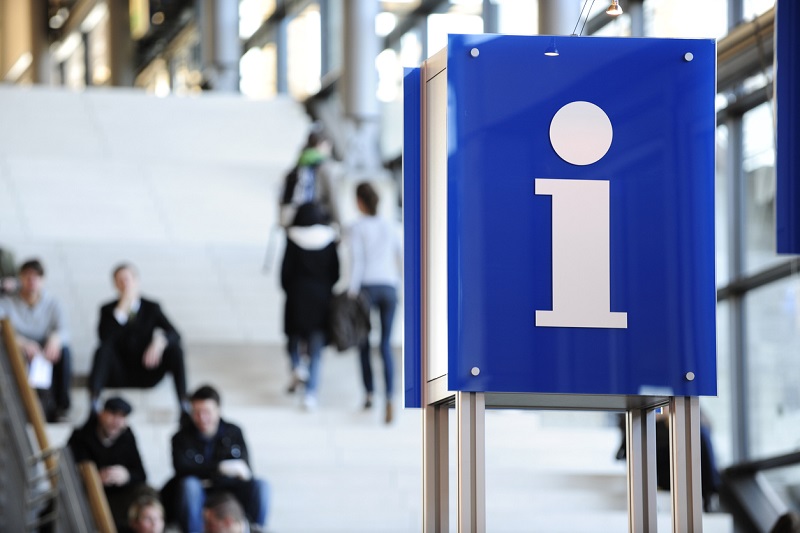You’ve likely seen information kiosks becoming a fixture in places like libraries, shopping centers, and medical offices. Their growing presence isn’t just a coincidence—it’s a response to a demand for smarter, more efficient ways to share information and handle everyday tasks. If your organization is weighing the idea of integrating kiosks, you’re in the right place. Let’s explore what makes them so effective and how they can deliver real value tailored to your operational needs.

What Is An Information Kiosk?
An information kiosk is essentially a computer terminal, often equipped with an interactive touchscreen, designed to serve as a self-service resource. Think of it as a standalone hub where users can access information or complete tasks without assistance. Some of these digital kiosks are straightforward, displaying static details like a digital directory to guide visitors to the right office or department. Others are more dynamic, allowing users to check in for appointments, process payments, or browse digital catalogs—essentially acting as a mini-service desk. This flexibility is what makes them so adaptable across industries.
Why Organizations Are Adopting Information Kiosks
The appeal of kiosks lies in their ability to benefit both your organization and the people you serve. Here’s a closer look at why they’re becoming a go-to solution:
Kiosks enhance the user experience by giving people the tools to find what they need or complete tasks independently. Imagine a visitor navigating a large corporate campus or a patient checking in at a clinic—kiosks let them move at their own pace, reducing frustration and leaving them with a positive impression of your organization. This autonomy often translates to higher satisfaction rates, which can strengthen your brand’s reputation.
They also boost efficiency in a big way. Routine tasks like answering basic questions or processing registrations can tie up staff for hours. By offloading these to a kiosk, your team gains breathing room to tackle more complex responsibilities—whether that’s addressing unique customer inquiries or focusing on strategic priorities. The result? A noticeable uptick in productivity and service quality without adding headcount.
Cost effectiveness is another draw. While there’s an upfront investment in hardware and setup, kiosks can significantly cut long-term expenses. For example, reducing the need for staff at information desks or check-in counters trims payroll and related costs over time. For budget-conscious purchasing departments, this makes kiosks a compelling option with a clear return on investment.
Then there’s the data angle. Kiosks can quietly track how people interact with them—what they search for, how long they spend, which options they choose. This isn’t just trivia; it’s actionable insight you can use to fine-tune services, improve communication strategies, or even predict peak demand periods. It’s like having a built-in feedback loop without the extra effort.
Finally, kiosks offer 24/7 availability. Traditional staffed desks have set hours, but a kiosk doesn’t clock out. Whether it’s a late-night visitor needing directions or an early riser checking event details, kiosks ensure your services are accessible whenever they’re needed—an advantage that’s hard to overstate in fast-paced environments.
Where Kiosks Are Making a Difference
Industries of all kinds are already seeing the impact:
- In healthcare, patients use kiosks to check in, update insurance details, or pay copays, cutting wait times and easing the burden on front-desk staff.
- Hotels deploy them for seamless guest check-ins, visitor management, or sharing local attraction info, creating a welcoming, efficient experience.
- Education settings like universities use them for campus wayfinding, accessing student records, or highlighting upcoming events, keeping things running smoothly.
- Government agencies, such as the DMV, rely on kiosks to manage lines, process forms, or provide service details, while smart city installations offer maps and Wi-Fi access.
- Retail stores use them to display product specs, check inventory in real time, or handle loyalty rewards, making shopping more convenient.
- Restaurants—especially quick-service spots—let customers order and pay directly, speeding up lines and reducing mistakes.
- Corporate campuses install them for visitor registration, internal navigation, or sharing company updates, enhancing security and flow.
Diving Deeper into the Benefits
Let’s unpack those advantages with more context:
- Cost-Effective: Beyond reducing staff hours, kiosks minimize training and turnover expenses tied to entry-level roles. Over years, the savings add up.
- Versatile: Whether you need a simple info display or a system handling payments and registrations, kiosks can be tailored to fit—software and hardware alike.
- Connected: Network integration means you can push updates remotely, monitor performance, or sync with existing databases, keeping everything current and cohesive.
- Faster Service: By cutting steps—like waiting for a staff member—kiosks shrink transaction times, which is critical in high-traffic settings.
- Engaging: A sleek, interactive display naturally draws attention, encouraging users to explore rather than walk past.
- Interactive: Putting control in users’ hands—say, letting them map a route or choose a service—creates a sense of ownership and ease.
- Higher Satisfaction: When processes are quick and intuitive, people walk away happier, which can ripple into loyalty and positive word-of-mouth.
Choosing the Right Information Kiosk for Your Space
Kiosks come in various forms, each with a purpose:
- Outdoor Models: Engineered for durability, they stand up to weather and wear—think transit hubs or public plazas.
- Indoor Options: These range from compact wall-mounted units to freestanding stations, offering design flexibility for lobbies or hallways.
- Custom Builds: Want your branding front and center or specific features like ADA compliance? Custom kiosks deliver exactly what you envision.
When partnering with a provider, choose an American kiosk manufacturer like REDYREF with a strong track record. You’ll want high-quality hardware, software that adapts to your workflow, and support that lasts beyond installation. Ask about their experience in your industry and how well their systems integrate with your current tech stack—those details can make or break the outcome.
Information Kiosks: More Than Just a Convenience
Information kiosks are much more than a modern convenience—they’re a strategic asset for improving efficiency, elevating user experiences, and sharpening your competitive edge. By understanding your organization’s priorities and operational demands, you can tap into their potential to transform how you deliver services. Ready to see what they could do for you? Contact us at (800) 628-3603 or request more information online to discuss a kiosk solution built for your needs. Let’s explore the possibilities together.

